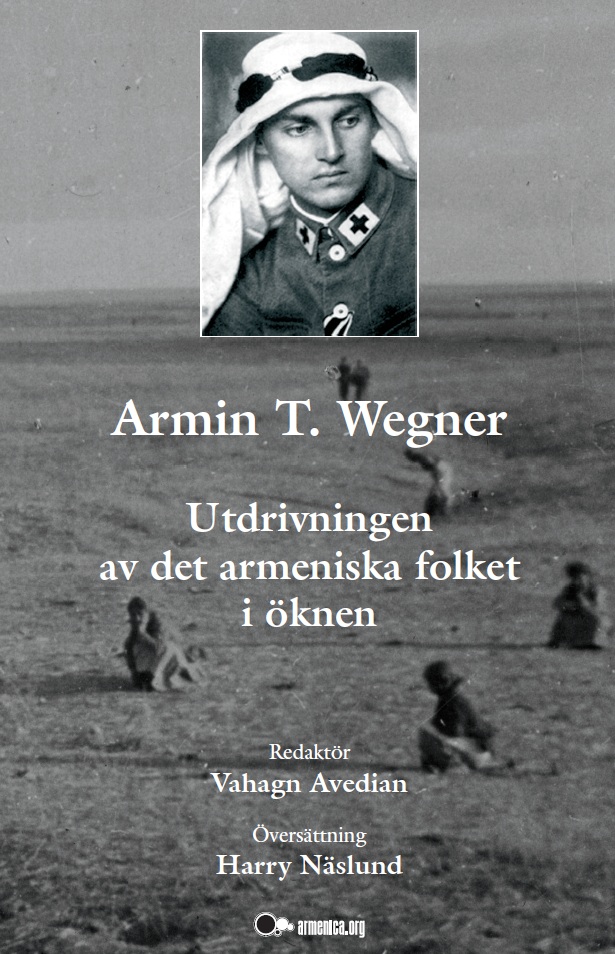April 26, 2024
While Azerbaijani people and media celebrate their president Aliyev and rejoice in the transfer of recent Armenian border villages to Azerbaijan, a completely different sentiment prevails on the streets of the Tavush region, the rest of Armenia and among the diaspora Armenians.
Following the recent events in Artsakh (Nagorno-Karabakh), where Azerbaijani forces seized control of this centuries-old Armenian region, the subsequently ethnic cleansing of Armenians, the recent surrender of the Armenian villages has sparked further fear and frustration among Armenians. Armenians in Sweden share these sentiments.
In an interview with a group of journalists, Prime Minister Pashinyan stressed that border demarcation is crucial for the future peace process and expressed hope for the restoration of the territorial integrity of the Republic of Armenia within this framework. The Union of Armenian Associations in Sweden urges PM Pashinyan not to risk Armenia's future by relying solely on vague hope but to adopt a clear agenda and preconditions to make the peace process viable. Additionally, the UAAS calls on the Prime Minister to be transparent about his plans and objectives in the border demarcation process.
The lack of transparency, combined with recent statements from Andranik Kocharyan, a senior member of Pashayan’s ruling Civil Contract party and chair of the parliament's defence committee, along with the remarks by Turkish President Erdogan and Prime Minister Pashinyan himself, raises further concerns about the Prime Minister's willingness to make further unilateral concessions; including the removal of the subject of acknowledgment and recognition of the Armenian Genocide by the Turkish government.
Andranik Kocharyan has proposed "verifying" the number of victims of the 1915 Armenian Genocide by documenting the names of all Armenians killed during the genocide and investigating "where, how, and under what conditions" they perished. Turkey's President Erdogan recently mentioned the Armenian Genocide, urging to move away from what he termed "baseless memories" and focus on "present realities" rather than "fictional historical narratives." He expressed hope that Armenia would break free from the shadow cast by the Armenian diaspora and embrace a brighter future. On April 24, 2024, in a statement marking the 109th anniversary of the Armenian Genocide, Prime Minister Pashinyan urged Armenians to liberate themselves from the trauma of the 1915 genocide. The UAAS strongly believes that these statements align with the broader agenda have been set by Turkey and Azerbaijan.
The Union of Armenian Associations in Sweden urges Prime Minister Pashinyan to stop adhering to an agenda that does not prioritize Armenian interests and to refrain from pursuing actions that are detrimental to Armenia and its people. Releasing all Armenian political and war prisoners in Baku, demanding recognition of the Armenian Genocide by Turkey and aligning the border demarcation process with Armenian interests must all be prerequisites and steps toward a peace process. Furthermore, the UAAS condemns Prime Minister Pashinyan’ s irresponsible and ill-considered actions and his policy of capitulation in the face of Azerbaijan's ongoing territorial claims against Armenia.
Board of Union of Armenian Associations in Sweden



